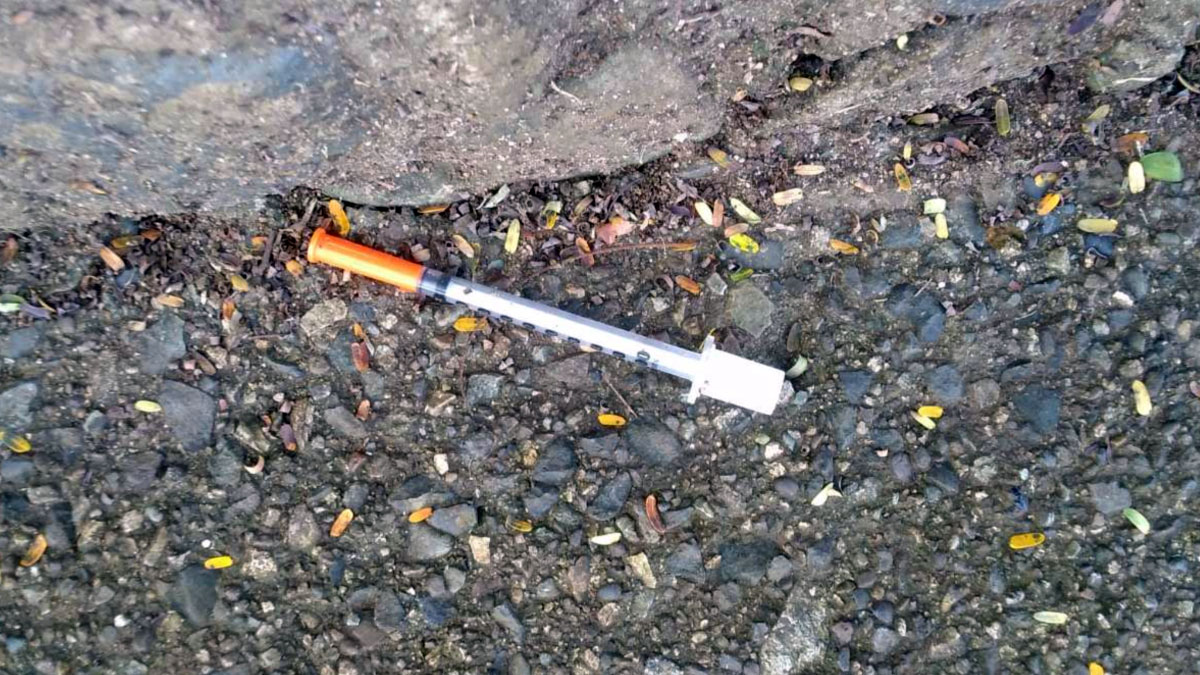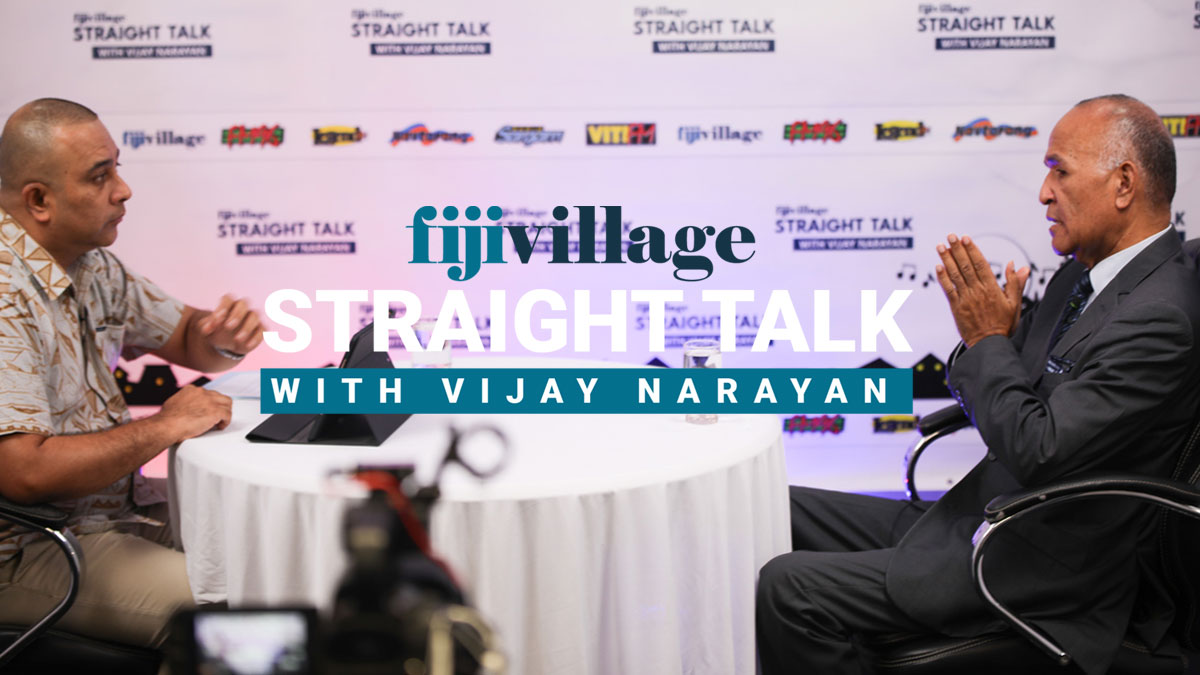
While Fiji recorded 245 new cases of HIV in 2022, it is noted that 3 (1.2 percent) of these individuals were people who injected drugs and possibly transmitted it through sharing of used needles.
This was highlighted by the Head of Family Health of the Ministry of Health, Dr Rachel Devi.
Dr. Devi says around 11 million people who inject drugs are at increased risk of HIV, Tuberculosis, Hepatitis B and C after being overdosed.
She says approximately 1 in 8 or 1.4 million people injecting drugs are living with HIV, while 39.4% have viral hepatitis C infection.
She adds that globally, approximately 10% of new HIV infections are attributed to injecting drug use and 1 in 3 Hepatitis C deaths are attributable to injecting drug use.
Dr. Devi says the World Health Organisation recommends a package of harm reduction interventions to reduce transmission of HIV and viral hepatitis, as well as deaths due to overdose amongst people who inject drugs and at the same time, allow them to access the health-care system and engage with tuberculosis care and mental health services.
She says harm reduction interventions are essential to achieve the global targets for viral hepatitis elimination and control of HIV/AIDS epidemics.
Dr. Devi urges all Fijians not to share needles at any point in time and to get tested for HIV and other blood-borne diseases immediately for early detection and intervention.
Stay tuned for the latest news on our radio stations


